Iowa City
Home to the University of Iowa, Iowa City has heavily invested in sustainable design and infrastructure as it continues to grow economically and culturally. After devastating floods in 2008, the city has reconstructed with a focus on sustainable practices. Partnering with the IISC will allow the city and local organizations to continue to grow the downtown into a dynamic cultural hub for the community, market their goals and achievements, and further their progress on building a sustainable community.

Projects
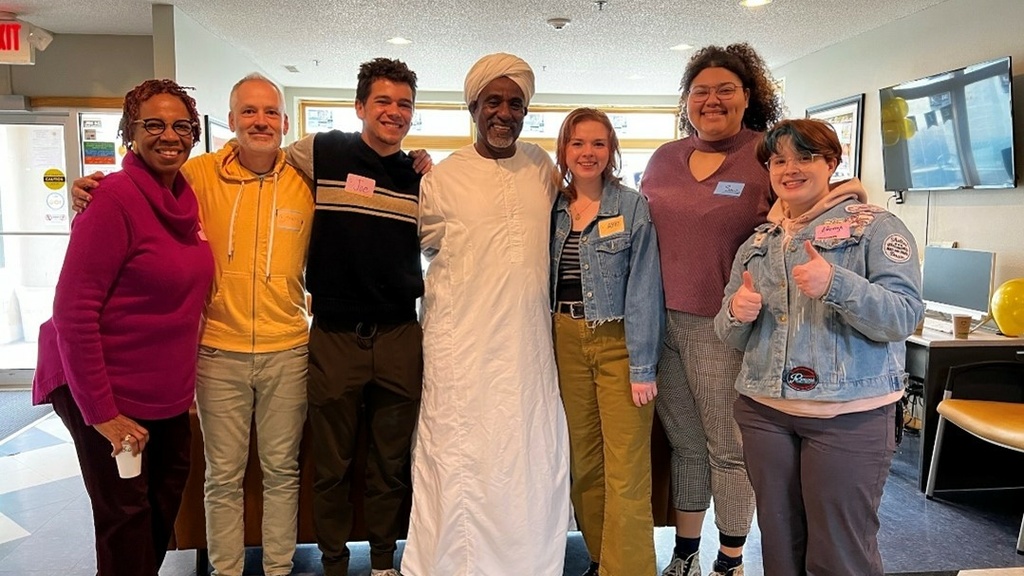
Supporting Iowa City's Wonderful Westside Neighborhood
Courses from two University of Iowa departments - the Department of Theatre Arts and the School of Planning & Public Affairs - merged to explore the role of arts & culture in community and economic development, with a focus on supporting the launch and visioning for the Wonderful Westside Neighborhood Association in Iowa City.
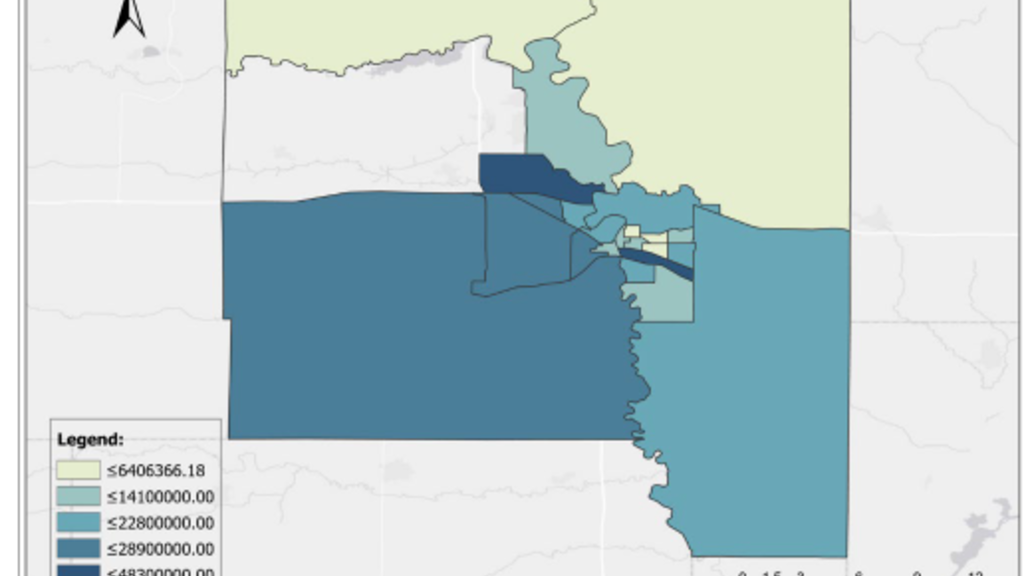
Iowa City Solar Study
Students in the School of Planning and Public Affairs course Environmental Policy researched technical and policy solutions to advance more solar energy generation in Iowa City, with a focus on resilience, economic benefits, and equitable access. UI faculty members Scott Spak, Adam Skibbe, and Travis Kraus worked with local stakeholders to complete the study.
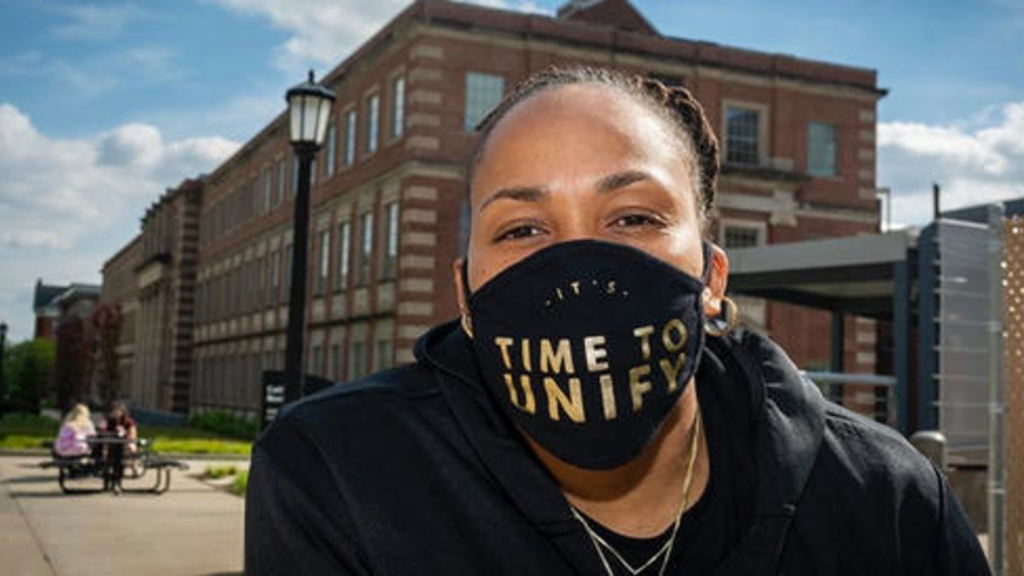
Advancing Economic Inclusion and Black Entrepreneurship in Iowa City
Courses from two University of Iowa departments - the Department of Theatre Arts and The School of Planning & Public Affairs - merged to explore the role of arts & culture in community and economic development, with a focus on economic inclusion and Black advancement in Iowa City.
Public Space One - Models of Governance & Member Engagement
Project #1: Public Space One recently completed a strategic planning process that captured the organization’s evolution and expansion over the past few years and set the stage for a new period of positive growth and change. In its strategic plan, Public Space One identifies practices around governance and decision-making as areas of strategic importance, including the desire to further democratize decision-making within the organization.
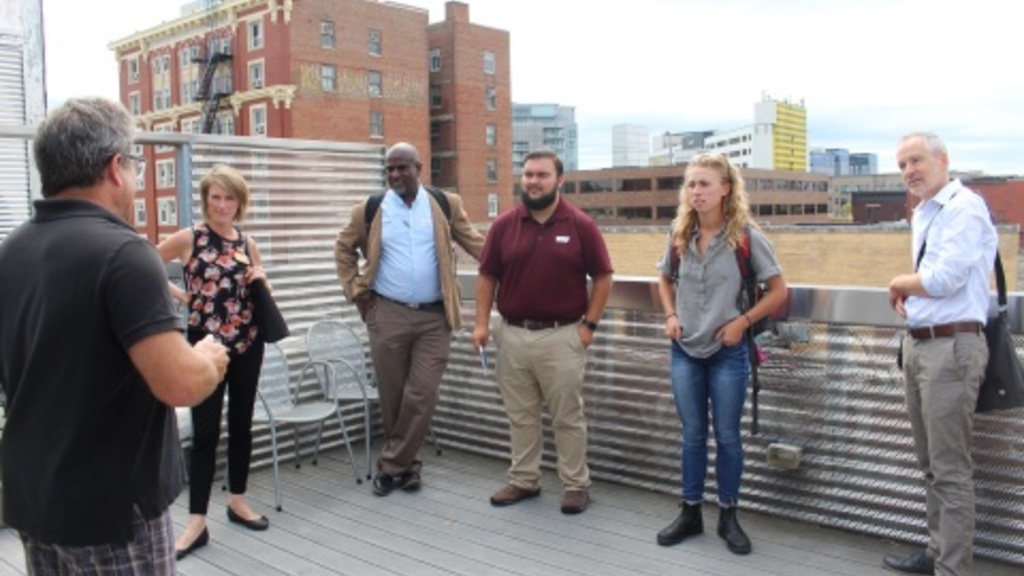
Iowa City Downtown Historic Preservation Initiative
As part of their capstone project, second-year graduate students from the School of Urban & Regional Planning assessed current community interests, planning tools, and environmental needs to develop strategies for aligning preservation of Iowa City's unique historic downtown architecture with other community values.
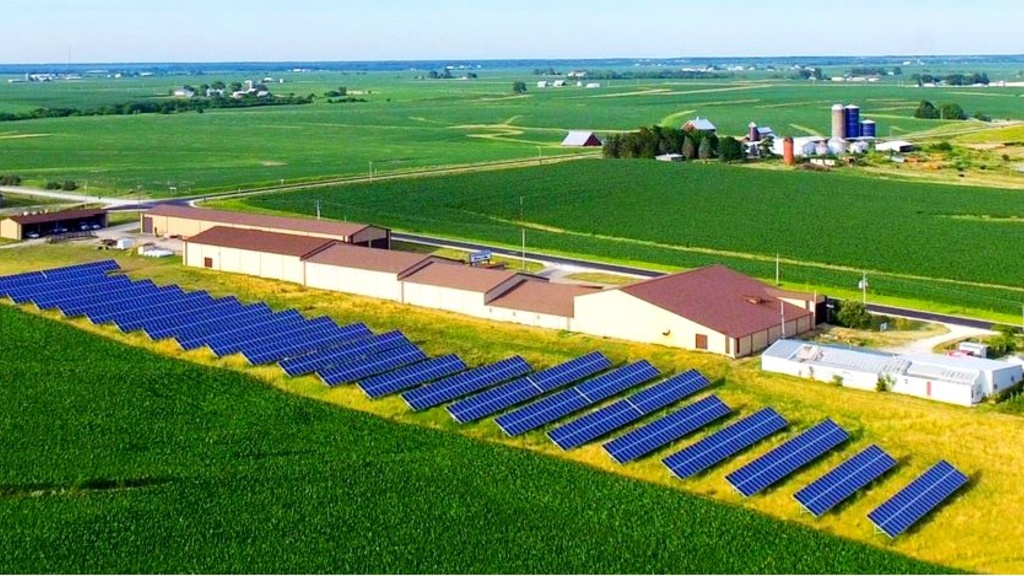
Rethinking Energy in Johnson County
Students in the School of Planning & Public Affairs course Environmental Management and Policy conducted a study for the Johnson Clean Energy District regarding energy efficiency improvements and renewable investment possibilities in Johnson County.
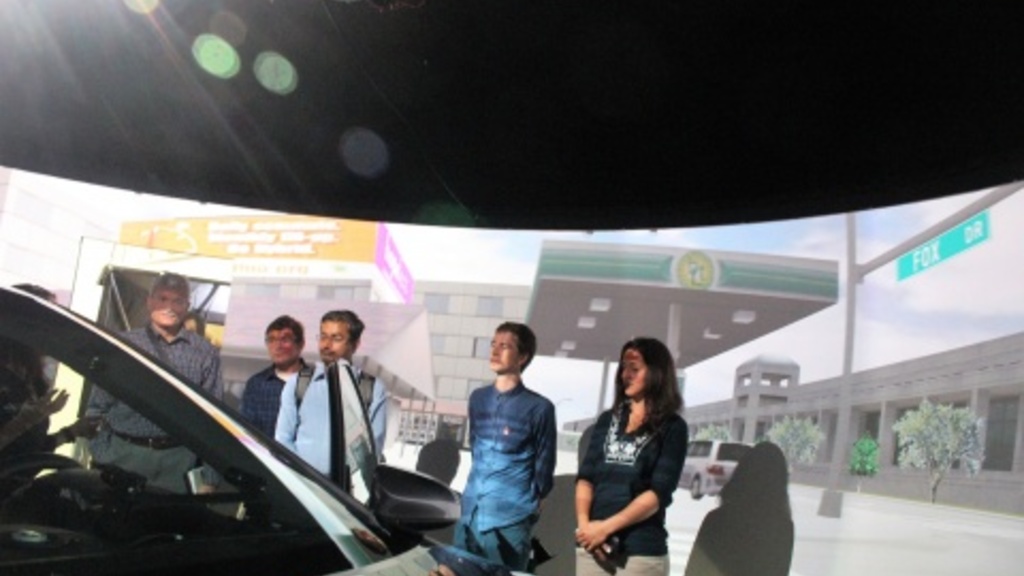
Iowa City Automated Vehicle Adaptation and Equity Plan
Graduate students in the School of Urban & Regional Planning, in conjunction with the City of Iowa City and National Advance Driving Simulator, completed a plan to help Iowa City prepare for the anticipated impacts of automated vehicles on the built environment and community.
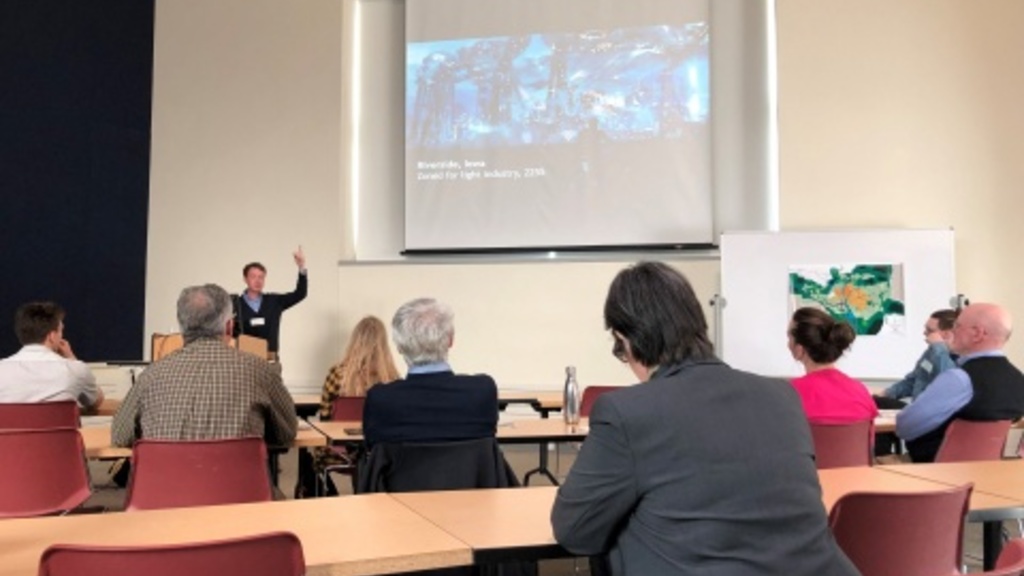
Iowa City- Envisioning Iowa City for Year 2228
As a part of the 8 Generational Plan: Envisioning Cities course taught in the School of Urban and Regional Planning, a group of 10 UI students will present their long-term visions for Iowa City as America’s Next Great Regenerative City. This collaborative innovation tournament is the culmination of a new course titled “Eight Generational Planning: Envisioning Cities for Year 2228.” The team of judges, led by Iowa City Mayor Throgmorton, includes local elected officials, planners, researchers, and architects.
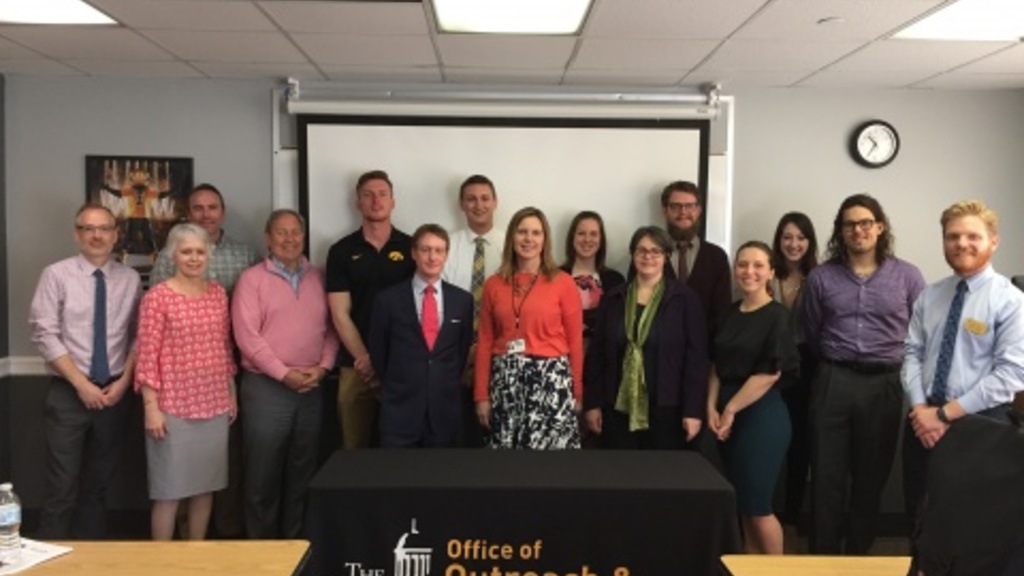
Iowa City- Terry Trueblood Adaptation Plan
As part of the Environmental Policy and Management course, students from the School of Urban and Regional Planning assisted the City of Iowa City with an adaption plan for Terry Trueblood Park.
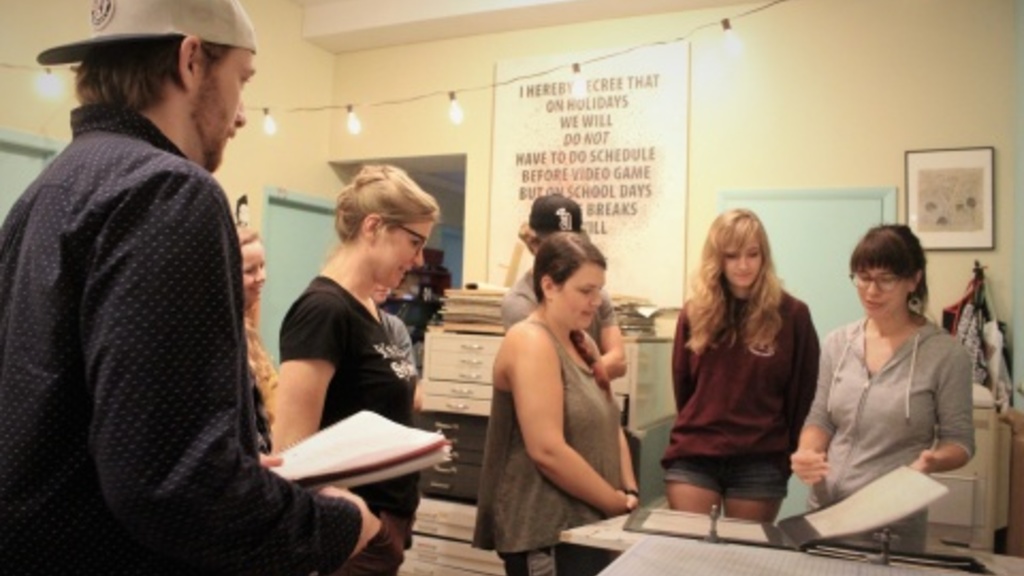
Iowa City: Study of Iowa City's Arts Ecosystem and Public Space One
Students in the Department of Communication Studies conducted interviews and analyzed data to better understand how Iowa City area residents perceive and consume local art, and to learn about awareness of the local arts non-profit Public Space One.
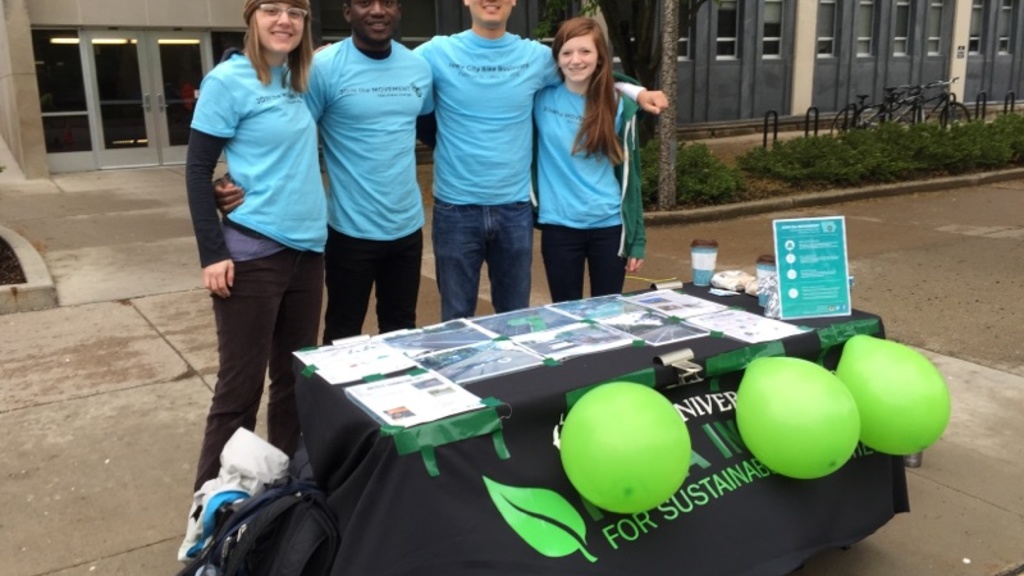
Bicycle Safety and Use Campaigns
Students in the Public Health Program completed two projects, both of which focused on increasing awareness and use of safe road-sharing behaviors and bicycling transportation in Iowa City. The first project was focused on the creation of a communications campaign about how sharrows are understood and function as a means for bicyclers and motorists to share the road. The second concerned planning and campaigning for a temporary bike lane that was installed in Iowa City in May 2016.
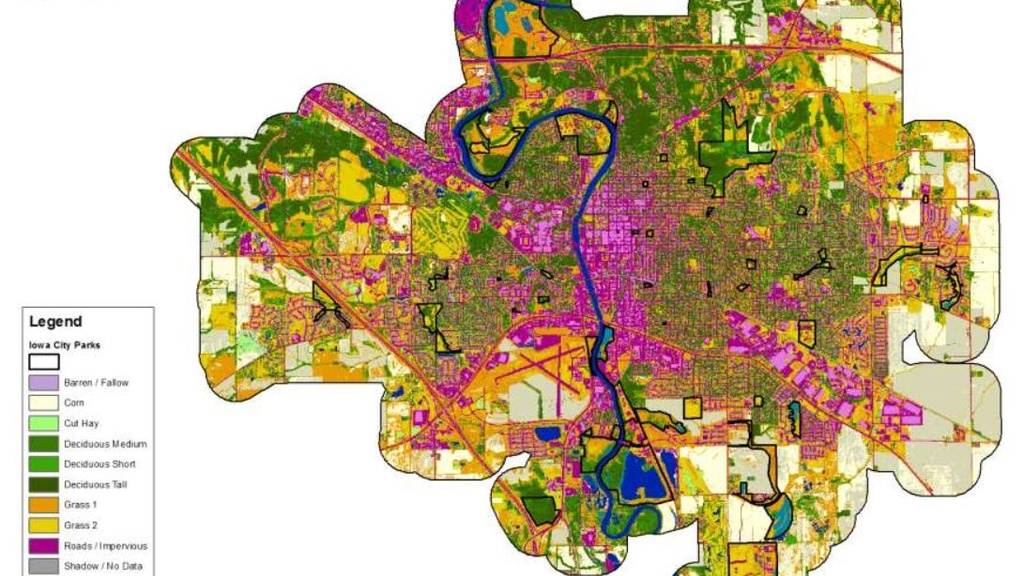
Ecosystem Services
To help the City of Iowa City continue to foster the benefits of its natural areas, students from the Department of Geographical and Sustainability Sciences conducted two research projects on the ecological services provided by the parks and open spaces in the city. The first project used hedonic pricing to research how the valuation of different kinds of open spaces contribute to the values of detached single-family homes.
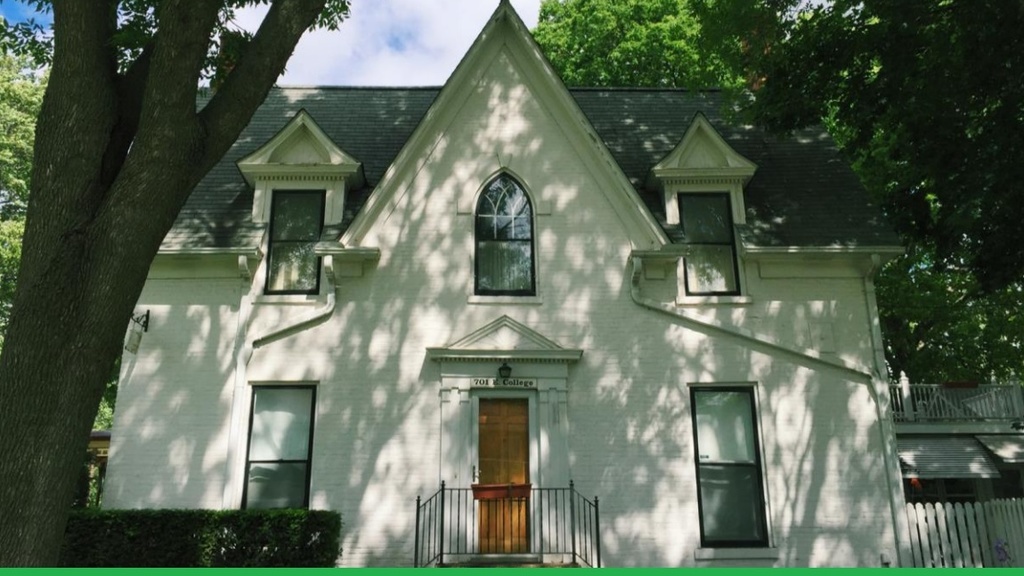
Housing and Equity
Urban and Regional Planning students examined trends of income inequality in the Iowa City metropolitan area and developed a plan identifying income inequality trends in Iowa City, case studies of similar areas, and strategies for supporting affordable housing in the community; poster displaying results and recommendations; and presentation displaying results and recommendations.
Iowa City Public Art
Students in Professor Anita Jung’s studio course collaborated with the City of Iowa City to develop a public art piece for installment in Iowa City. During the course of the class, students broke into groups and prepared proposals for the public art piece, which city staff chose from. Their proposals were informed by meetings with City staff and a guided tour of the possible sites for installment.
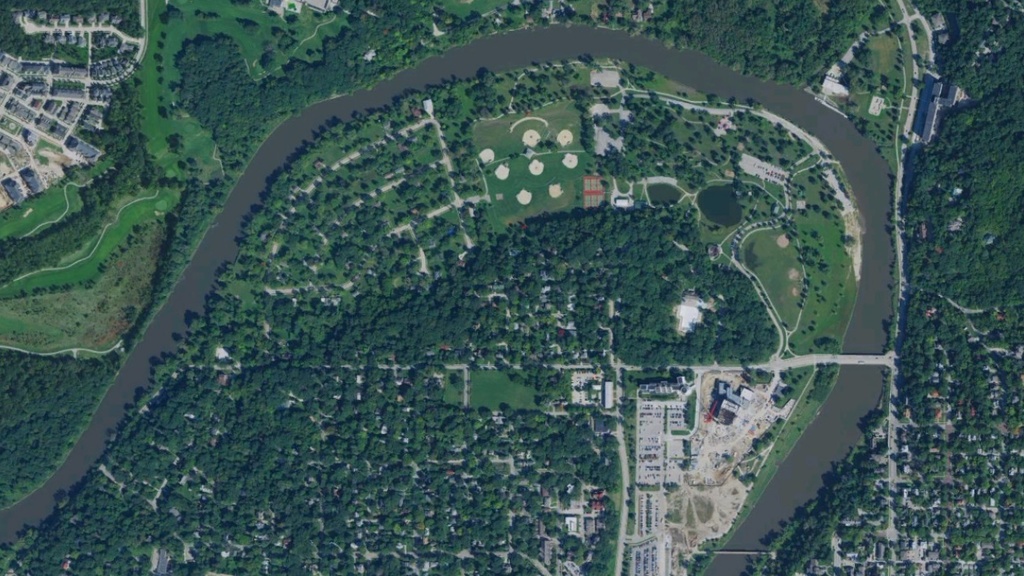
Iowa City Public History
Students made parklands along the Iowa River the focus of questions that focus on Iowa City's history, and concentrated on environmental justice concerns related to use and misuse of the river. The project resulted in a website with audio and visuals about this history that can be accessed from the parks for use in taking self-guided tours.
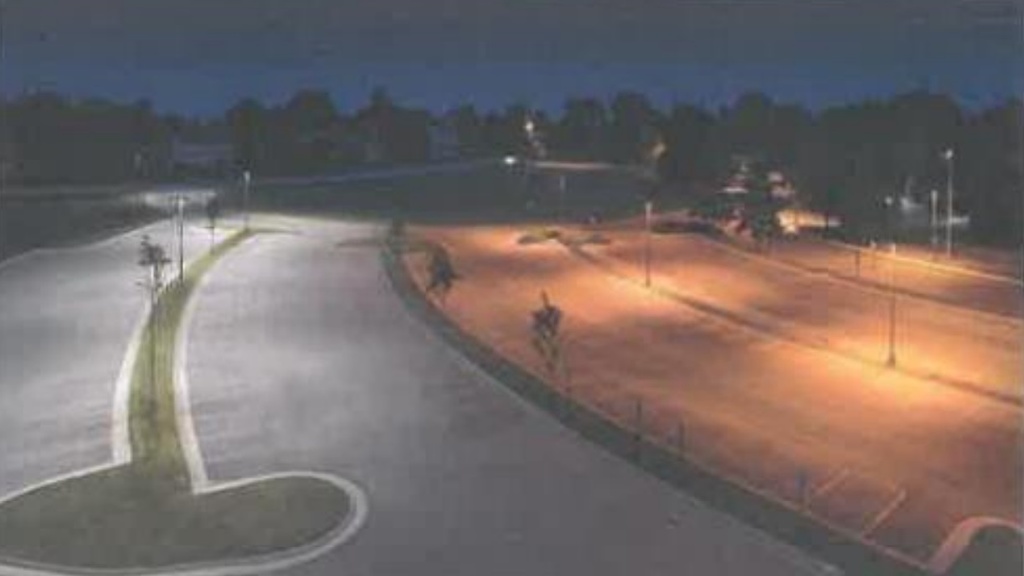
LED Streetlight Conversion
Greenhouse gas and energy reduction were identified as two major goals for 2015 in The City of Iowa City’s 2014 Sustainability Report. The City was, then, pursuing several initiatives to achieve those goals, including an agreement with MidAmerican Energy to convert all of Iowa City’s streetlights into LED fixtures. The LED fixtures are expected to last 25 times longer and operate 75 percent more efficiently than incandescent bulbs. A student from the College of Engineering assisted the City with the streetlight conversion process during the Fall 2015 semester.
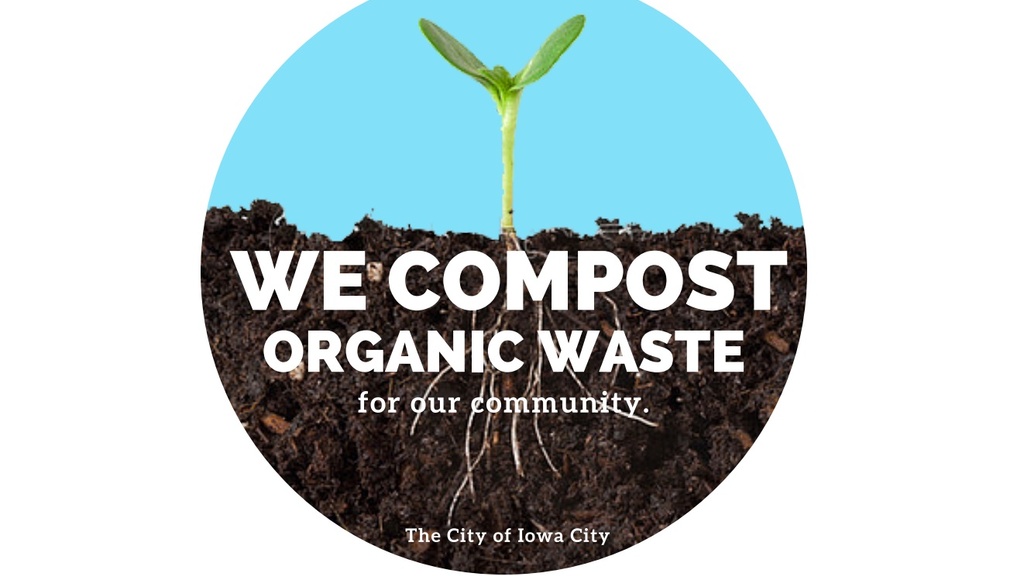
Marketing Food Waste Prevention
A senior marketing student researched food waste prevention among local businesses in Iowa City and created a communication campaign for promoting local composting and recycling efforts.
Food waste reduction is an important component of sustainability that many local Iowa City businesses are already achieving through composting and recycling strategies. Public support of such practices and the businesses who engage them can contribute to both the local economy and sustainability success.
Retaining UI Gradutes in Iowa City
The City of Iowa City requested that students in the Entrepreneurial Management Institutes’ Business Consulting Course research what young professionals are looking for in a place to live, create messages that the City and ICAD could use to market the ways in which Iowa City fulfills these criteria, and research the strategies and platforms that the City and ICAD can use to reach young professionals most effectively.
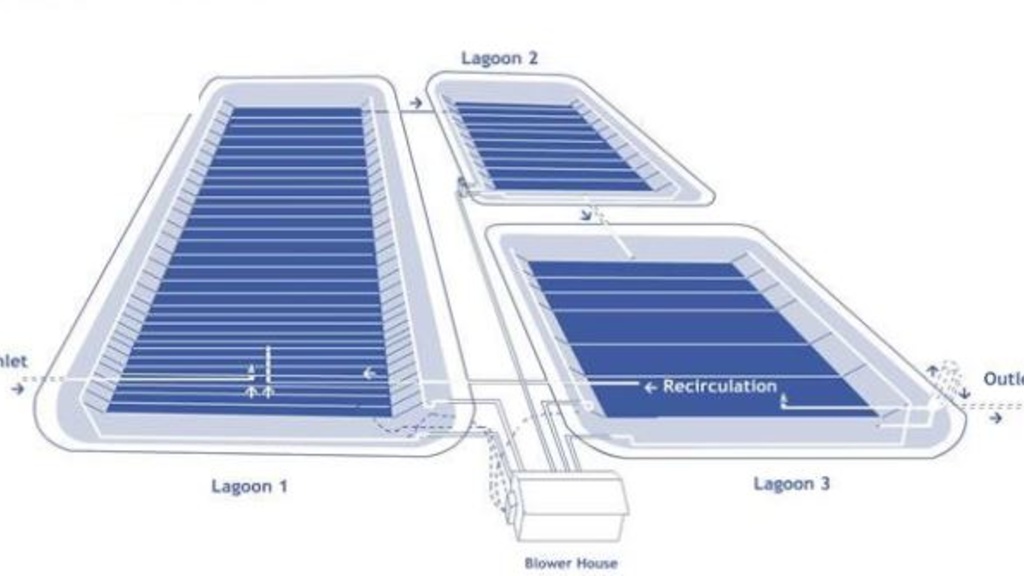
The Iowa Small Systems Waste Project
Senior engineering students researched existing commercial small-scale wastewater systems for Iowa City and designed a facility for several different kinds of these small systems to be tested for use in Iowa.
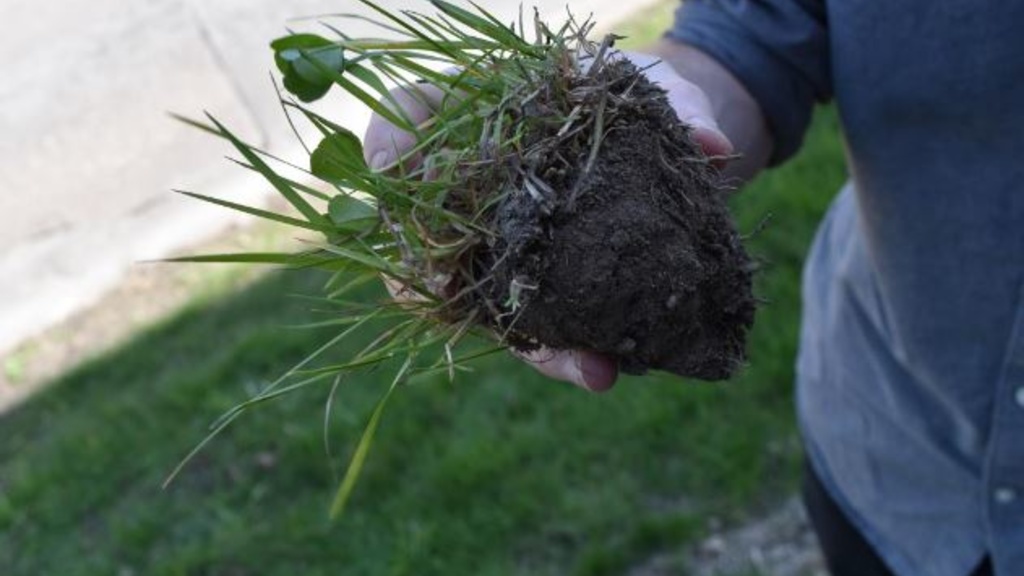
Urban Ecology
Students in a geography class completed two separate projects for Iowa City. The first project focused on the ecological functions of roadside vegetation in Iowa City, including identification of roadside land area in the city that can be prioritized for re-planting and re-design as native vegetation areas. The second project focused on urban raptors.